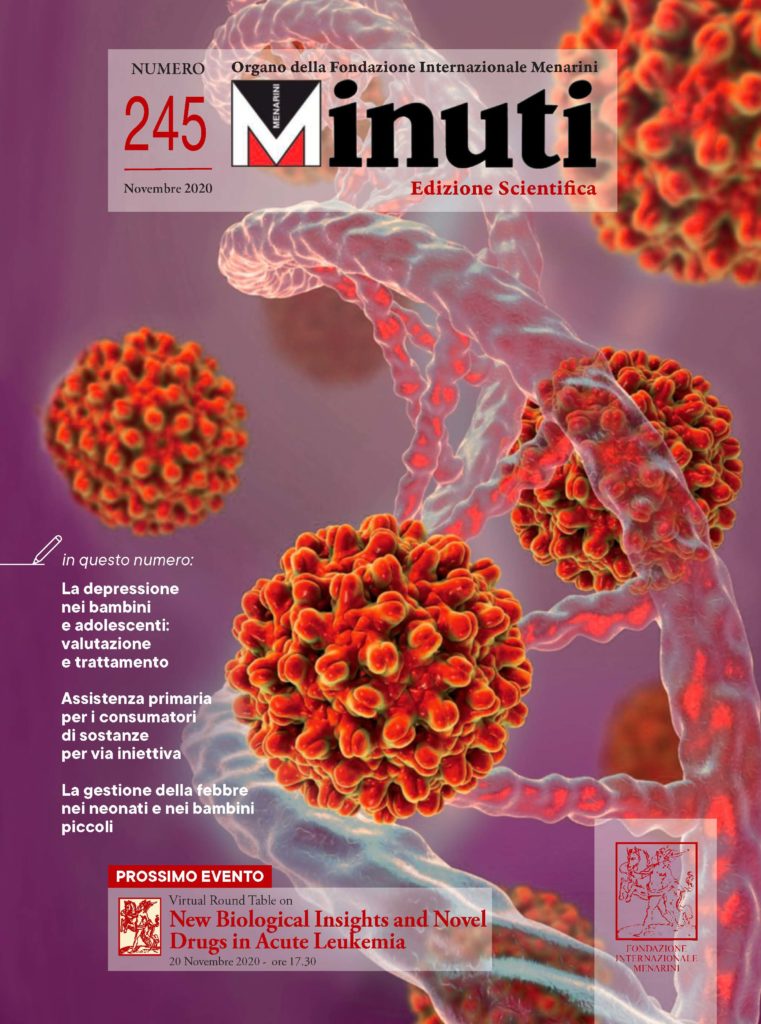
Asymptomatic Bacteriuria
di Dr. Richard Colgan, Dr. Gregory A. Jaffe, Dr. Lindsay E. Nicolle • February 2021
Asymptomatic bacteriuria, defined as the presence of bacteria in the urine in the absence of urinary symptoms, is a common clinical finding that often warrants a decision about whether to initiate anti- microbial therapy. There are few indications to treat asymptomatic bacteriuria, and inappropriate treatment contributes to the development of antimicrobial resistance. In 2019, the Infectious Diseases Society of America revised its 2005 guidelines on asymptomatic bacteriuria, incorporating new evi- dence. The updated guidelines recommend screening and appropriate treatment for asymptomatic bacteriuria in pregnant women and in individuals undergoing endourological procedures associated with mucosal trauma. The guidelines recommend against screening and treatment in infants and children; healthy adults, including nonpregnant pre- and postmenopausal women; and patients with diabetes mellitus, long-term indwelling catheters, or spinal cord injuries. The guidelines also recom- mend against screening and treatment in patients undergoing nonurological surgery, patients who have had a kidney transplant more than one month prior, recipients of other solid organ transplants, or those with impaired voiding following spinal cord injury. Although delirium in older adults can be caused by a urinary tract infection, the guidelines recommend that patients with delirium and no uri- nary or systemic symptoms be assessed for other causes of delirium, rather than initiating treatment for asymptomatic bacteriuria, because treatment has not been shown to have any beneficial effect on clinical outcomes.
(Am Fam Physician. 2020;102(1):99-104. Copyright © 2020 American Academy of Family Physicians.)
(Am Fam Physician. 2020;102(1):99-104. Copyright © 2020 American Academy of Family Physicians.)
Related Articles
Acute Monoarthritis: Diagnosis in Adults
di
Dr. Jeremy Swisher, Dr. Zachary Sitton, Dr.ssa Kimberly Burbank, Dr. Chris Nelson
November 2025
Highlights
di
Aaron Saguil, Matthew V. Fargo
∙
February 2021







